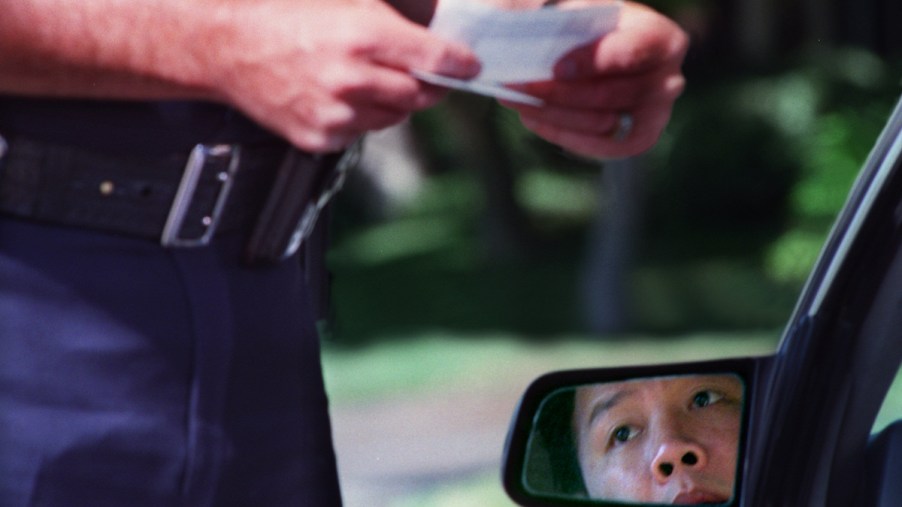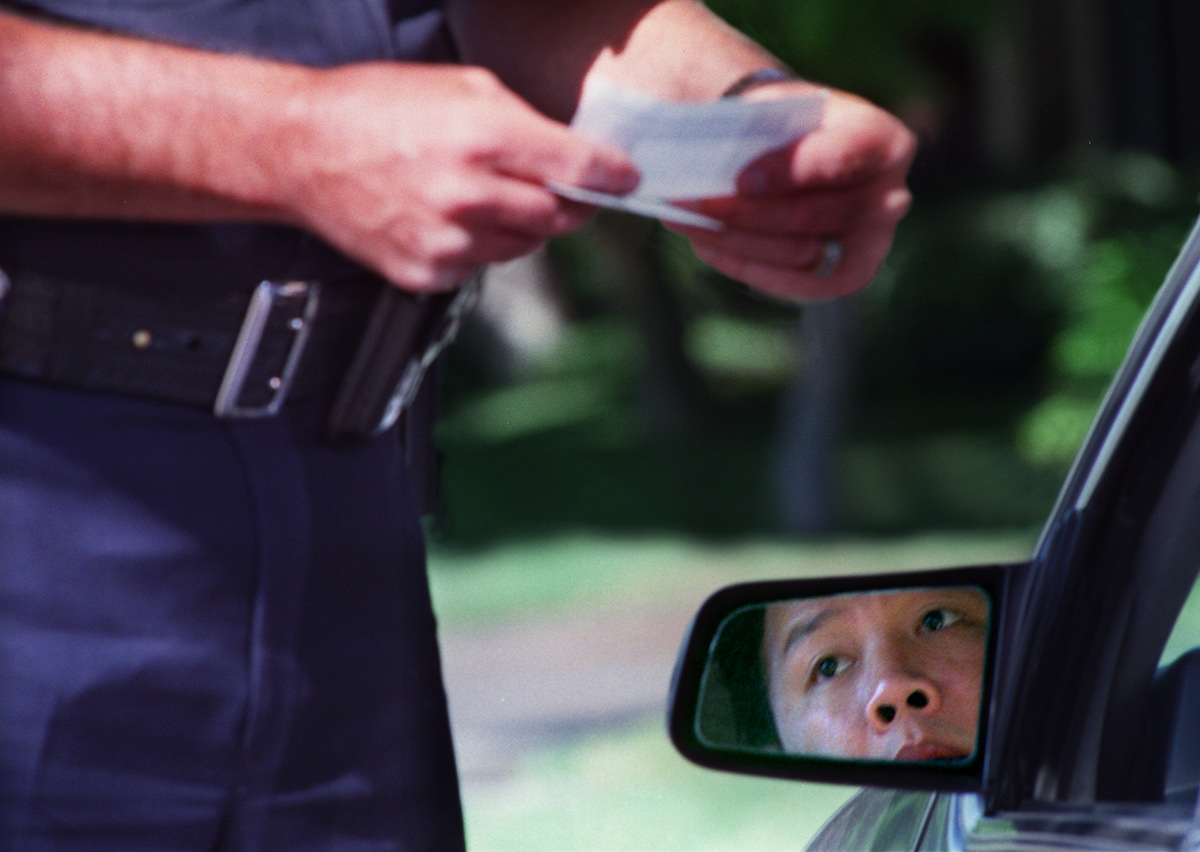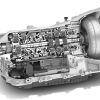
Do You Know the Difference Between a Citation and a Speeding Ticket?
If you’ve had multiple run-ins with police while driving, you might’ve noticed officers use varied terminology when writing you up for car safety or traffic violations. Some might say they’re issuing you a speeding ticket, while others call it a citation. So, what do the two terms mean?
The different types of traffic tickets

Despite the different wording, a ticket and a citation are the same.
The term “citation” is the appropriate legal jargon, while “ticket” is more informal. Nevertheless, both terms refer to a police-issued written document outlining the traffic rules you broke and possibly what you need to do to rectify the situation. Auto citations help keep most drivers from breaking traffic laws. However, not all citations/tickets are made the same.
Non-moving violations
Drivers typically get citations for two major types of infractions. They are non-moving and moving violations. A parking ticket is the most common reason for a non-moving violation. Police will issue you a citation if you park your car in a restricted or unauthorized zone, such as a one-way street.
Moving violations
As for moving violations, they’re much more diverse. One example is ignoring traffic lights and road signs. Consequently, police might cite you for something like running a red light. Although the severity of the consequences varies depending upon local and state laws, ignoring road signs puts other motorists and pedestrians at risk. Therefore, the punishment included in the ticket/citation will likely be pretty severe.
You can also get a speeding ticket. As the name implies, these citations are for driving your car over the speed limit. The severity of the violation typically depends upon the difference between the speed limit and your cruising speed.
If you’re driving 55 mph in a 50 mph zone, you might be able to get away with nothing more than a warning. But it depends on the officer and the circumstances. However, if your cruising speed is significantly higher than the limit, there’s little chance you can get away with only a slap on the wrist.
Also, failure to signal could get you a ticket, with possible consequences being a fine and maybe a blemish on your driving record.
Finally, one of the most serious road rules people break is driving under the influence. If you get a ticket for a DUI, you might have to pay a hefty fine. Furthermore, your license could be suspended, and you could end up in jail.
How traffic tickets affect your car insurance
In addition to the fines and blemishes on your driving record, there are other possible consequences to traffic tickets, especially regarding your car insurance. As shown above, police officers issue citations for driving mistakes that significantly increase the risk of accidents.
Consequently, your insurance provider will see you as more of a risk for each citation you get. Therefore, it’s not uncommon for your insurance premiums to rise even after you’ve sorted out your issues with the ticket. For instance, your insurance premium could increase by 49% in Michigan after a speeding ticket, Forbes reports.
What happens if you get repeat traffic citations?
Whether it’s a result of carelessness or ignorance, most people break traffic rules almost daily. Regardless, be careful because getting multiple citations could cause further issues.
For instance, if your auto insurer deems you too high a risk, the company could cancel your policy. You could also get your driver’s license revoked.


